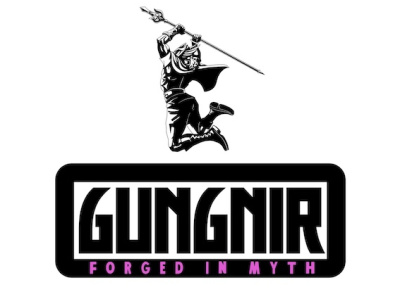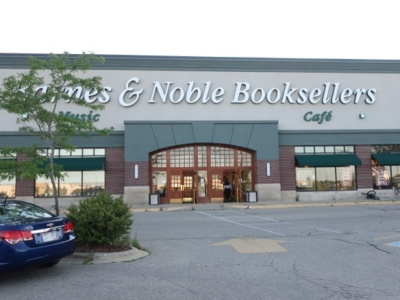Confessions of a Comic Book Guy is a weekly column by retailer Steve Bennett of Mary Alice Wilson's Dark Star Books in
Last week's 'you had to see it to believe it' moment came when with the announcement that one of my all-time favorite comic book artists, Steranko, had finally had been lured back into the field. And he was going to make his long awaited return...penciling a cover for (yet another) Mr. T #1 for Mig Biz.
Imagine my delight.
I wasn't that crazy about the last Mr. T #1 from a company named AP. As a reader I found it a prime example of decompressed storytelling at its worst when the creators had the hubris to keep their title character (and the primary reason people bought the comic in the first place) off stage for the bulk of the issue. And as a retailer, well, when the shipping date of the second issue kept getting pushed back further and further, it evaporated what little interest our customers originally had in it.
Due diligence compels me to reveal Dark Star's history with Mr. T goes all the way back to 1993 when the man himself was on a publicity tour promoting his then new comic, Mr. T & the T Force from Now Comics. Though he was nowhere near the heights of his A-Team fame, people came out in droves to see him.
The comic, which came polybagged with a 'collectible' trading card, was a perfect artifact representing some of the worst excesses of the 90s, notable for only two things: first, some striking artwork from Neal Adams; and second, the indelible image of Mr. T openly weeping while holding a drug addicted newborn baby (let's see some of today's 'hardmen'* try that).
All of the above started me ruminating on licensed comics and how they've changed over the years. Back in the Golden Age of Television (well mine; the 60s) a movie, TV show or toy line was almost obligated to have its own comic book. But while occasionally some company will try their hand at publishing a comic based on a current franchise, you're more likely to see some new start-up venture latching onto a moribund brand name character with strong nostalgia appeal to the critical 18-35 male demographic. Which explains all the G.I. Joe and Transformers comics, not to mention why there's a half dozen comics based on 80s horror movies or about to receive titles based on Disney properties like Gargoyles and Tron (from Slave Labor, of all people).
Now there's nothing wrong with nostalgia; whether we acknowledge it or not it's at least what partially fuels our industry. One of my most frequently given spiels goes 'if it weren't for the mothers of
But me, I'm nostalgic for the real Golden Age of Comics, the 80s, when the most important thing for a new comic book company was to gather the most talented creators they could who'd produce material they felt passionate about - because they owned it.
Now the thinking seems to be 'play it safe.' Of course every new comic is a gamble, but with one based on something else there's at least (hopefully) an automatic fan base - plus the publisher is likely to get at least some free press out of it.
And for those faithful who've impatiently been waiting for new adventures of the Autobots, it really doesn't matter who writes, draws or publishes those adventures.
Of course the real problem with licensed comics is they are, by their very nature, always the same. The fans want more or less the same exact experience they've already had and the license holders don't want the comics monkeying around with their merchandise by altering the formula (which is why in almost every Aliens story somebody is so stick stone stupid they think the bugs will make cool bio-weapons, in spite of plenty of evidence to the contrary).
One reason fans keep coming back for more from their favorite characters is they want the familiar, while at the same wanting another first kiss. Each week they come into comic shops hoping that this is the week when they'll feel about comics the way used to when they first started reading them.
And ultimately that's the trouble with comics of any genre; fans who've seen it all before still want to see it again and again -- but always expect the next adventure to somehow be bigger and better.
*The Urban Dictionary web site defines a Hardman as a 'climber of mythic or heroic stature.' But if we can believe several British writers, it also means an unstoppable monster without a shred of human feeling (see their versions of The Punisher, Nick Fury, etc.).







